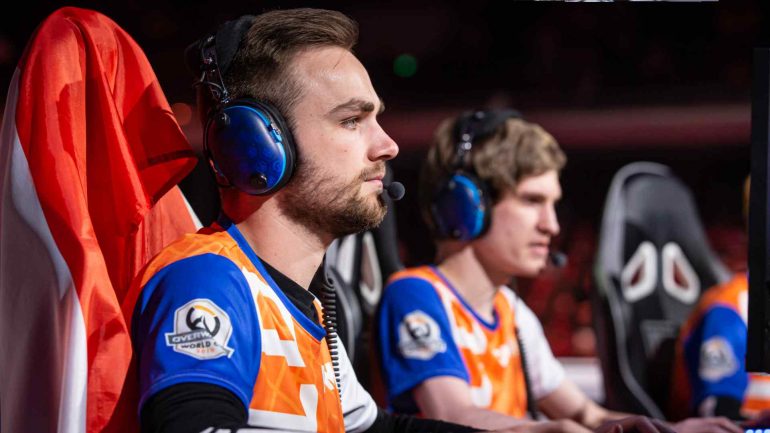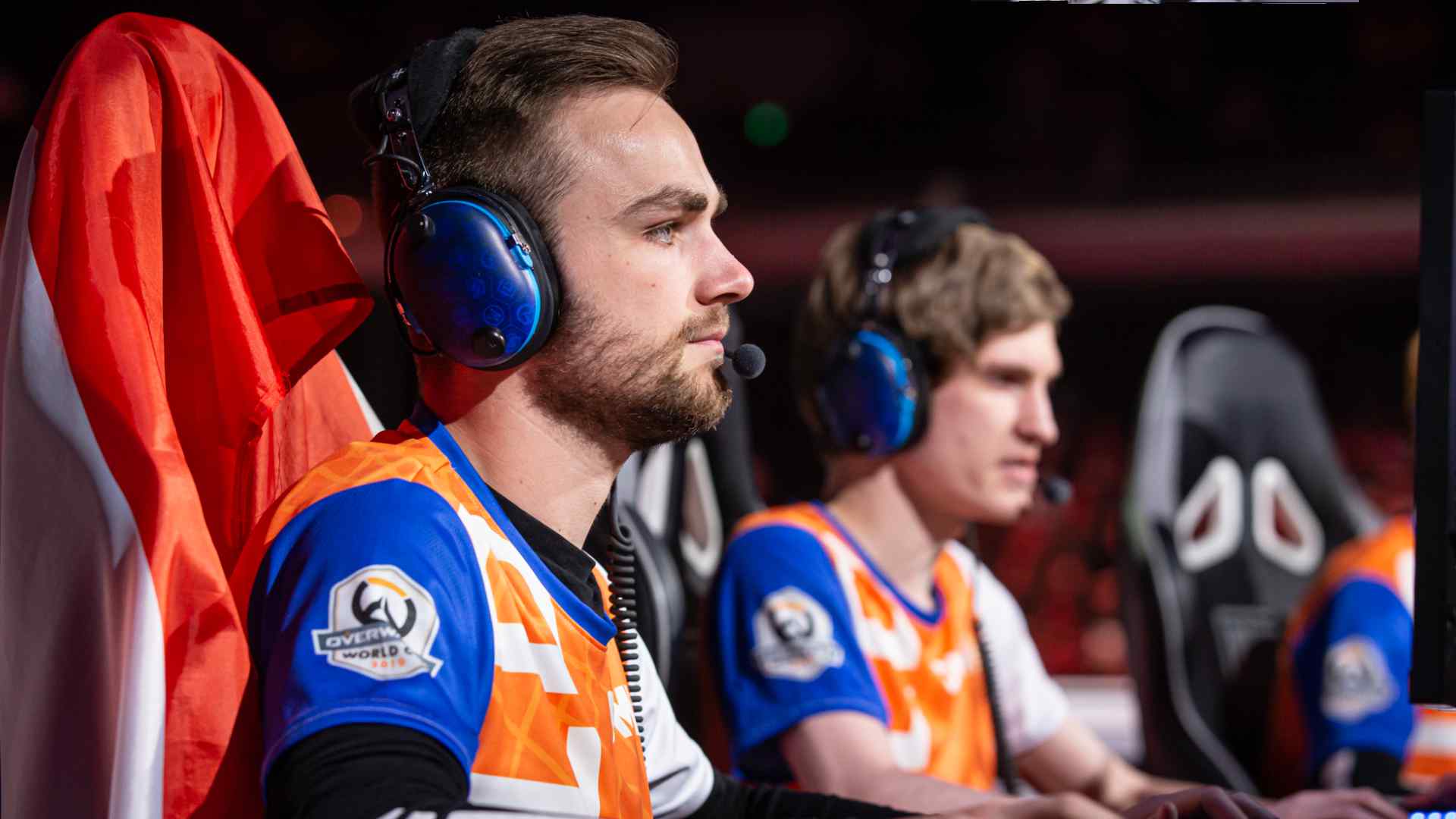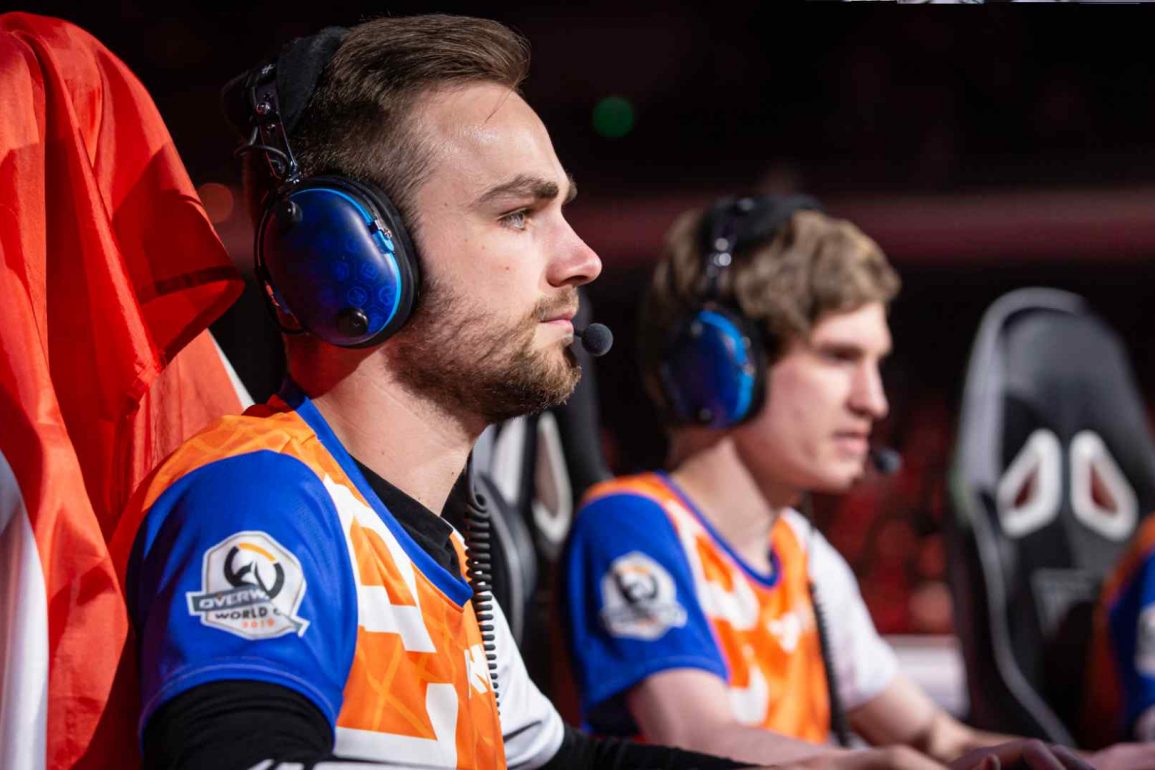If you’re in the gaming industry, no doubt you’ve heard of esports. Esports—also known as electronic sports or professional video gaming—refers to competitive video game playing, especially among professionals. Professional gamers are compensated by sponsors and book prizes or salaries from tournament wins. While it might sound simple on the surface, esports is a billion-dollar industry that’s continuing to grow at an exponential rate and new games continue to be introduced into the market all the time.
In this post, we’ll explore what esports actually are and why they’re garnering so much attention from advertisers these days. We’ll finish off with a list of proven ways to get involved in the industry and earn money from esports.
What is Esports?
First things first, let’s make sure we’re all on the same page. Esports is different than traditional gaming because it involves professional gamers competing against each other on a stage or in competition mode. This can be at any competitive level, but most of these titles are popular among serious gamers who play for serious prizes and lots of fun. Some games you’ll see played are video game console or PC titles (typically PC), while others are available only for mobile devices, such as Clash Royale.
The most popular titles include Overwatch, League of Legends, Fortnite, Counterstrike: Global Offensive (CS:GO), Super Smash Bros., PlayerUnknown’s Battlegrounds (PUBG), World of Tanks Blitz, Hearthstone and Minecraft.
Esports vs. Gaming
As mentioned, esports is different from traditional online or offline gaming. At its most basic level, “gaming” refers to playing video games outside of a competitive atmosphere with no prize pool and no spectators looking on in awe. Esports is also not the same as “professional gaming”. Professional gaming is a separate industry entirely and involves thousands of paying athletes competing at a relatively high level across many different games. What we’re talking about here are amateurs who compete for fun and prizes—and they’re attracting advertisers like never before thanks to emerging social media platforms that are specifically designed to bring esports into the news cycle.
In these games, players build a team of characters that they “paint” to play specific roles. Each character is unique in terms of skills and fits into one of the three roles—assault, support or damage—each with their own strengths and weaknesses. Games generally run for around 24-30 minutes and are usually completed in a much shorter amount of time because the focus is on winning through superior team tactics.

Making money from esports
Esports are big business, and in many ways they’re still relatively easy to get involved in. The best way to start (if you’re a serious gamer) is to sign up for an esports team or affiliate program. Many companies will sponsor individual players and collect donations from fans who want their favorite player to earn real money. Or you could set up a website where fans can go and play against one another or leave comments about games that they like and dislike. You can also try being the player’s personal brand ambassador by doing things like sponsoring in-game advertising and selling products you make (such as stickers) on your own website.
If you’re interested in more traditional esports opportunities, you can also create your own gaming tournaments. You can organize tournaments for as little as $100 in prize money or up to hundreds of thousands of dollars. Note that many tournaments require a minimum number of participants before they’ll take place. This is similar to how primary school sports leagues work and because it’s part of the overall process, it’s very important that you do your research. The good news is that if you don’t have a lot of experience organizing comps, companies like Machinima (now owned by AT&T) are happy to help you get started with their tournament management service or video production services. Think of creative marketing ideas such as offering unlimited free bingo games
Another option is to sign up to be a game tester. Many game companies are looking for individuals to trial their games, especially when they’re about to launch. You’ll be required to give the company honest feedback and you’ll earn a small fee for each game you play and review. As with any job working with gamers (or even in esports), you’ll need an excellent attention to detail and an ability to offer constructive criticism without angering the developers or players.
You can also get involved in esports by becoming an esports journalist. There are very few paid blogger positions available, but if you have a unique voice and style of writing, then it’s possible that small esports news sites will pay you per article you write. There are also some in-game products on offer (such as merchandise) in exchange for coverage of specific games.
Setting yourself up for success
Join as many esports communities as possible (that’s where you’ll find most of the job openings). Be cautious when making connections on social media, because many players are very quick to find out that you aren’t a “real” esports player and they could potentially turn against you in a heartbeat! Also, keep in mind that a lot of gamers are individuals who play by themselves. They’re introverts who don’t like the idea of joining a team or being part of any kind of formal esports association. It’s very important that you do your research and ask as many questions as possible before you agree to represent any organization publicly.
When looking for an esports job, it’s always best to sign up for free and add your details to every location where you can find jobs posted online—whether that’s on a game developer or platform website, social media platform or professional gaming site (if there is one).
Network with as many people as possible, and don’t be afraid to connect with someone whose skills or experience are greater than yours. The ideal situation is to find someone who is a leader in their respective field and doesn’t have any qualms about helping you get started. Keep in mind that there are very few jobs available (because they’re still so niche), so it’s best to keep your expectations realistic and over time you’ll gain the skills and experience you need to land the perfect esports job.






